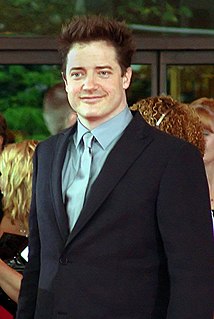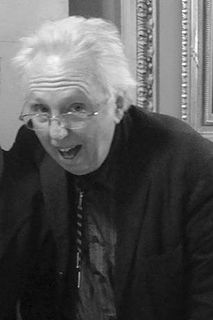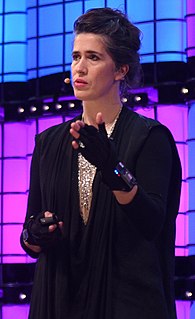A Quote by Bill Gates
There was a magical breakthrough when the computer became cheap and we could see that everyone could afford a computer.
Related Quotes
One can think of any given axiom system as being like a computer with a certain limited amount of memory or processing power. One could switch to a computer with even more storage, but no matter how large an amount of storage space the computer has, there will still exist some tasks that are beyond its ability.
I was really looking at computers as a way to understand the mind. But at M.I.T., my mind was blown by having a whole computer to yourself as long as you liked.I felt a surge of intellectual power through access to this computer, and I started thinking about what this could mean for kids and the way they learn. That's when we developed the computer programming language for kids, Logo.
I started producing in 1992 at the age of 15, when I found out music could be made with the help of a computer. I come from a musical family, but was always the family member not as good as the others. So once I found out I could release the music that was stuck inside my head through a computer, I knew I found what I wanted to do for the rest of my life.



































